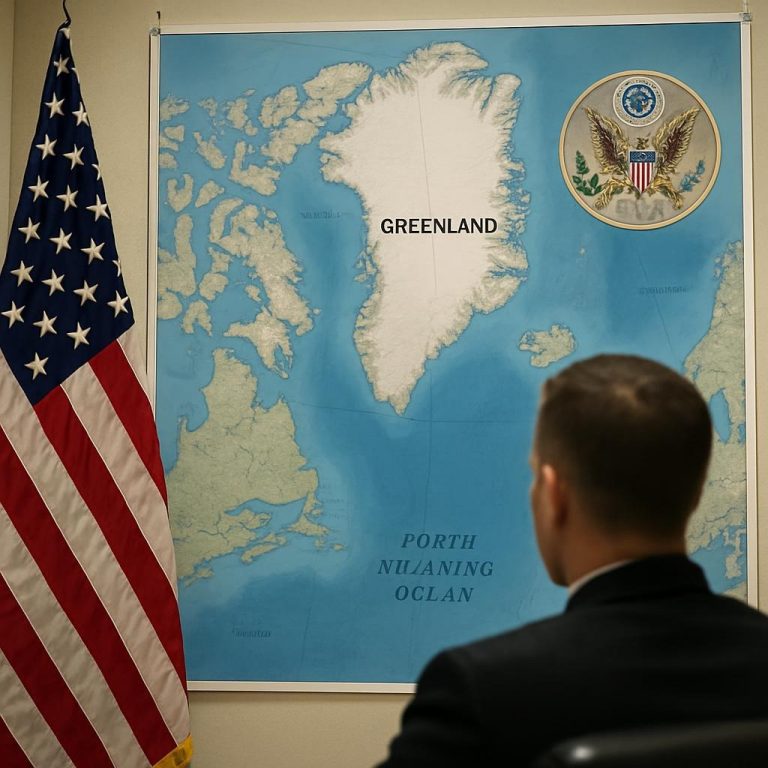
Hong Kong’s journey—from British colonization in 1842 to its uncertain future post-2047—is shaped by treaties, civil movements, economic integration, and evolving identity. Below is a comprehensive guide to each phase, with source links, keywords, and documentary recommendations.
🏛️ Historical Foundations
1. British colonization began with the First Opium War and the 1841 occupation of Hong Kong Island.
🔗 History Snacks
Keywords: Opium War, British Empire, Qing Dynasty, trade disputes
2. The Treaty of Nanking (1842) ceded Hong Kong to Britain and opened Chinese ports to foreign trade.
🔗 MIT Visualizing Cultures
Keywords: unequal treaties, treaty ports, sovereignty, British-Chinese relations
3. The 99-year lease of the New Territories in 1898 expanded British control and set the stage for the 1997 handover.
🔗 Academy of Chinese Studies
Keywords: Convention of Peking, territorial expansion, British colonialism
4. Hong Kong evolved into a strategic trade hub and financial center within the British Empire.
🔗 British Empire Maproom
Keywords: free port, East India Company, colonial governance
5. WWII brought Japanese occupation (1941–1945), followed by postwar recovery and rising autonomy.
🔗 Encyclopedia.com
Keywords: Japanese occupation, postwar reforms, British rule
📜 The Handover and “One Country, Two Systems”
6. The 1984 Sino-British Joint Declaration guaranteed Hong Kong’s autonomy for 50 years post-handover.
🔗 Wikipedia
Keywords: Basic Law, sovereignty, autonomy, treaty
7. “One Country, Two Systems” aimed to preserve Hong Kong’s capitalist system under Chinese sovereignty.
🔗 Oxford Political Review
Keywords: autonomy, sovereignty, SAR, Deng Xiaoping
8. Citizens expected democratic reforms, legal protections, and continued freedoms in 1997.
🔗 Roper Center
Keywords: democracy, civil liberties, handover expectations
9. China envisioned Hong Kong as a financial gateway and model for reunification with Taiwan.
🔗 CBC News
Keywords: integration, national unity, SAR governance
10. Post-1997 changes included the Court of Final Appeal and Beijing’s power to interpret the Basic Law.
🔗 Oxford Academic
Keywords: judiciary, legal autonomy, Basic Law
🧭 Political Tensions and Civil Movements
11. The 2014 Umbrella Movement demanded universal suffrage and democratic elections.
🔗 Wikipedia
Keywords: Occupy Central, civil disobedience, electoral reform
12. The 2019 extradition bill protests escalated into a broader pro-democracy movement.
🔗 LawShun
Keywords: extradition, police brutality, democratic reform
13. Beijing restructured Hong Kong’s electoral system to ensure “patriots” dominate governance.
🔗 SCMP
Keywords: electoral reform, vetting committee, patriots-only
14. The 2020 National Security Law curtailed freedoms of speech, assembly, and press.
🔗 Human Rights Watch
Keywords: NSL, civil liberties, arrests, censorship
15. International responses include sanctions, criticism, and support for Hong Kong’s autonomy.
🔗 Atlantic Council
Keywords: sanctions, human rights, global diplomacy
💰 Economic Integration and Divergence
16. Hong Kong’s economy grew post-handover but faced setbacks from SARS, protests, and COVID.
🔗 Censtatd
Keywords: GDP, financial services, economic resilience
17. Hong Kong remains a global financial hub through regulatory reforms and fintech innovation.
🔗 HKMA
Keywords: financial center, fintech, RMB hub
18. The Greater Bay Area initiative deepens integration with mainland cities in trade and innovation.
🔗 SCMP
Keywords: GBA, regional integration, cross-border collaboration
19. Closer ties offer market access but risk autonomy and investor confidence.
🔗 DW
Keywords: capital flight, trade risks, integration benefits
20. Businesses adapt via regional diversification, legal hedging, and ESG investment strategies.
🔗 UOB Group
Keywords: risk management, talent, ESG, Belt and Road
🧬 Identity, Culture, and Society
21. Identity has shifted toward “Hongkonger” over “Chinese,” especially among youth.
🔗 University of Vienna
Keywords: local identity, nationalism, generational change
22. Cantonese remains central to cultural identity amid pressure from Mandarin and English.
🔗 CUHK
Keywords: language politics, Cantonese, Putonghua
23. Education reforms have sparked resistance to nationalistic curricula among students.
🔗 ERIC
Keywords: national education, youth aspirations, Scholarism
24. Media freedom has declined sharply, with widespread self-censorship and outlet closures.
🔗 Oxford Political Review
Keywords: press freedom, censorship, RSF index
25. Emigration surged post-2019, driven by political uncertainty and legal fears.
🔗 Comparative Migration Studies
Keywords: BNO exodus, brain drain, migration trends
🔮 The Future of Hong Kong–China Relations
26. In 2047, the “One Country, Two Systems” framework may expire or evolve under Beijing’s discretion.
🔗 Cambridge Law Journal
Keywords: Basic Law, constitutional future, SAR status
27. Legal and economic systems face pressure but retain partial autonomy under current frameworks.
🔗 HK Government
Keywords: common law, financial





